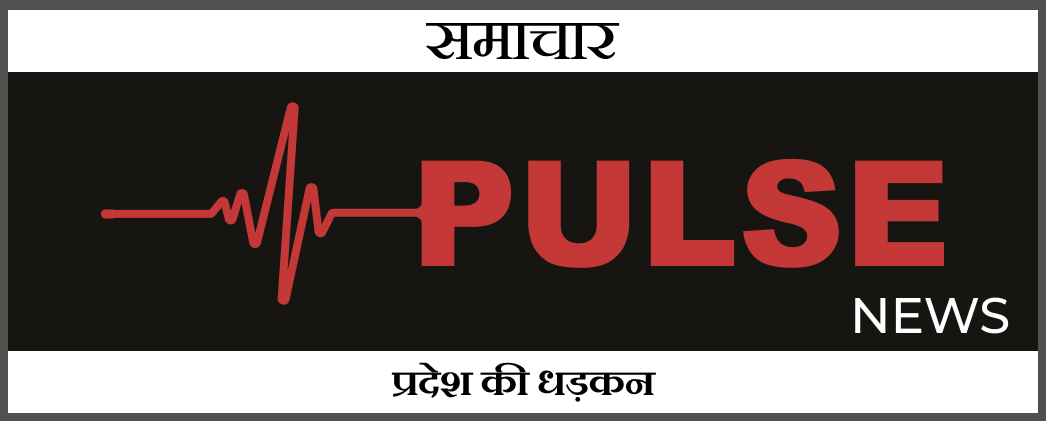Browse resources on over 170 countries and territories, including economic forecasts, guides to doing business and information on the tax climate in each jurisdiction. ICAEW accepts no responsibility for the content on any site to which a hypertext link from this site exists. The links are provided ‘as is’ with no warranty, express or implied, for the information provided within them. You are permitted to access, download, copy, or print out content from eBooks for yourown research or study only, subject to the terms of use set by our suppliers and any restrictions imposed byindividual publishers. The links are provided ‘as is’ with no warranty, express or implied, for the information provided within them.
Comparisons with other sets of accounting standards
FRS 105 is intended for use in the preparation of the financial statements of companies that qualify for the micro-entities regime. FRS 104 is intended for use in the preparation of interim reports by entities that apply FRS 102 The Financial Reporting Standard applicable in the UK and Republic of Ireland when preparing their annual financial statements. Overviews of reporting requirements, plus a range of resources and guidance. FRS 105 is the UK accounting standard for entities eligible for, and who choose to apply, the micro-entities regime. Every effort has been made to ensure that the information given in this Research Guide is correct. However, the content of websites changes frequently and users should satisfy themselves that the information they contain is suitable for the purposes for which they wish to use it.
Over the years, the FRC and its former subsidiary body, the ASB, have published a wide range of auxiliary material providing bottom line accounting of the fox valley commentary, guidance, and context around UK accounting standards. The Recommendations on Accounting Principles were the UK’s first authoritative guidance on accounting questions, issued by ICAEW between 1942 and 1969. The Recommendations were non-mandatory, and were superseded from the 1970s onwards by mandatory accounting standards, initially in the form of SSAPs. For some time, SSAPs sat alongside the Recommendations, though most of the latter had been withdrawn by the time Technical Release 391 was published in 1980. As noted above, SORPs provide guidance on the application of accounting standards to specific industries and sectors. The first SORPs were developed by the ASC; today the FRC recognises other bodies’ power to develop SORPs.
Corporate reporting
UK Generally Accepted Accounting Practice (UK GAAP) is the body of accounting standards published by the UK’s Financial Reporting Council (FRC). From this hub you can find a synopsis of each standard and details of recent amendments. Plus, access practical what is the accounts receivable turnover formula resources including factsheets, guides, webinars and events, and other guidance material to support implementation.
- This foreword explains the scope, authority and identification of accounting standards, issued by the FRC.
- A number of accountancy firms and publishers have also produced model accounts and disclosure checklists for UK GAAP, with a large selection being held by the Library.
- Copies of older FREDs, and other discussion papers, are held in the Library collection and can be viewed by arrangement.
Apply for exams
This aims to address the criticisms levelled at the ASC, whose comment process was less rigorous. Generally Accepted Accounting Practice in the UK, or UK GAAP or GAAP (UK), is the overall body of regulation establishing how company accounts must be prepared in the United Kingdom. Company accounts must also be prepared in accordance with applicable company law (for UK companies, the Companies Act 2006; for companies in the Channel Islands and the Isle of Man, companies law applicable to those jurisdictions). The ICAEW Library & Information Service provides full text access to a selection of key business and reference eBooks from leading publishers. EBooks are available to logged-in ICAEW members, ACA students and other entitled users. If you are unable to access an eBook, please see our Help and support advice or contact
Audit committees
The ICAEW Library can give you the right information gross pay vs. net pay: definitions and examples from trustworthy, professional sources that aren’t freely available online. Once you have viewed this piece of content, to ensure you can access the content most relevant to you, please confirm your territory. These materials were downloaded from PwC’s Viewpoint (viewpoint.pwc.com) under license. UK issuers of shares or debt securities that are only admitted to trading on EEA regulated markets are no longer subject to this framework.
For example, a SORP on investment trusts is issued by the Association of Investment Companies (AIC). Bodies must meet criteria set by the FRC and develop and maintain SORPs in accordance with the FRC’s policy. Related impact assessments and feedback statements to the following publications. The first periodic review, the Triennial Review 2017, was completed in December 2017, with an effective date of 1 January 2019. The second periodic review, the Periodic Review 2024, was completed in March 2024, with a principal effective date of 1 January 2026.
Whereas accounting standards were previously set by the ASB, this became the responsibility of the FRC Board on 2 July 2012. In 2004, the Government took the decision to strengthen the regulatory system in the UK following the major corporate collapses in the US. On its creation, the Accounting Standards Board (ASB) adopted a number of SSAPs that had been issued by the ASC, so that they were brought within the legal definition of accounting standards according to the Companies Act 1985.
